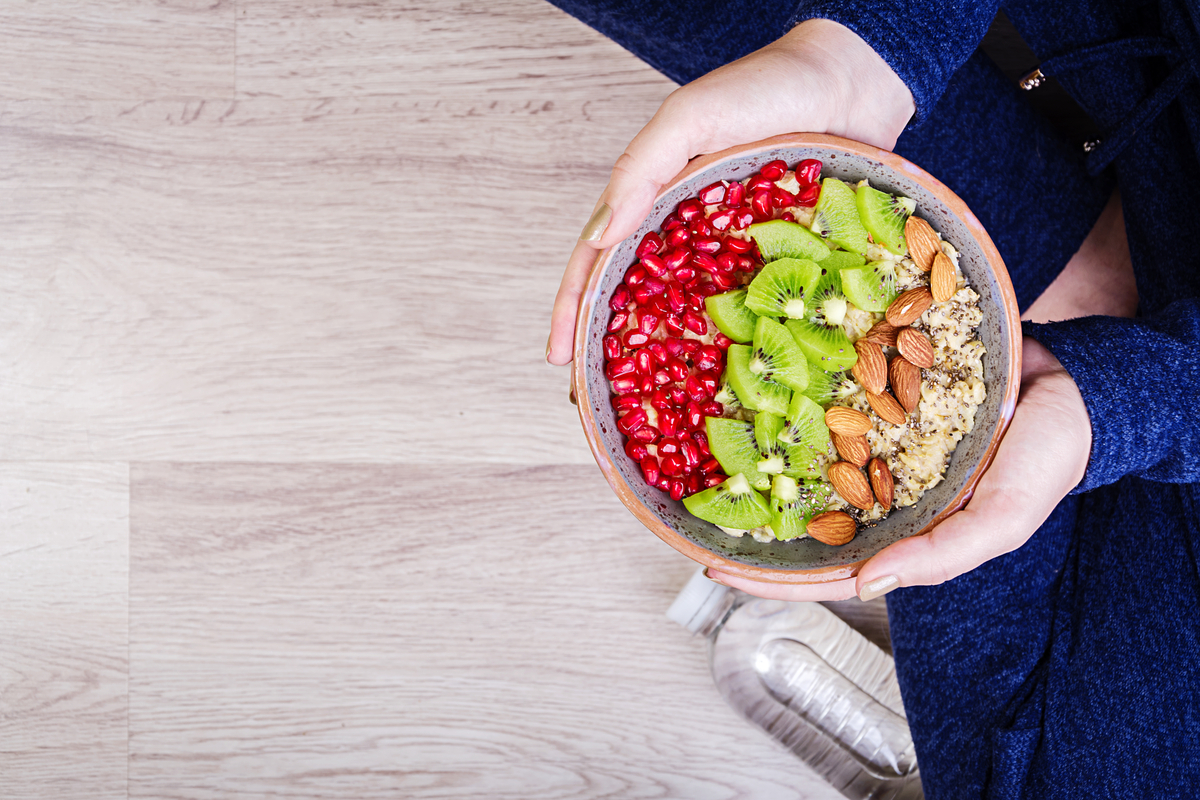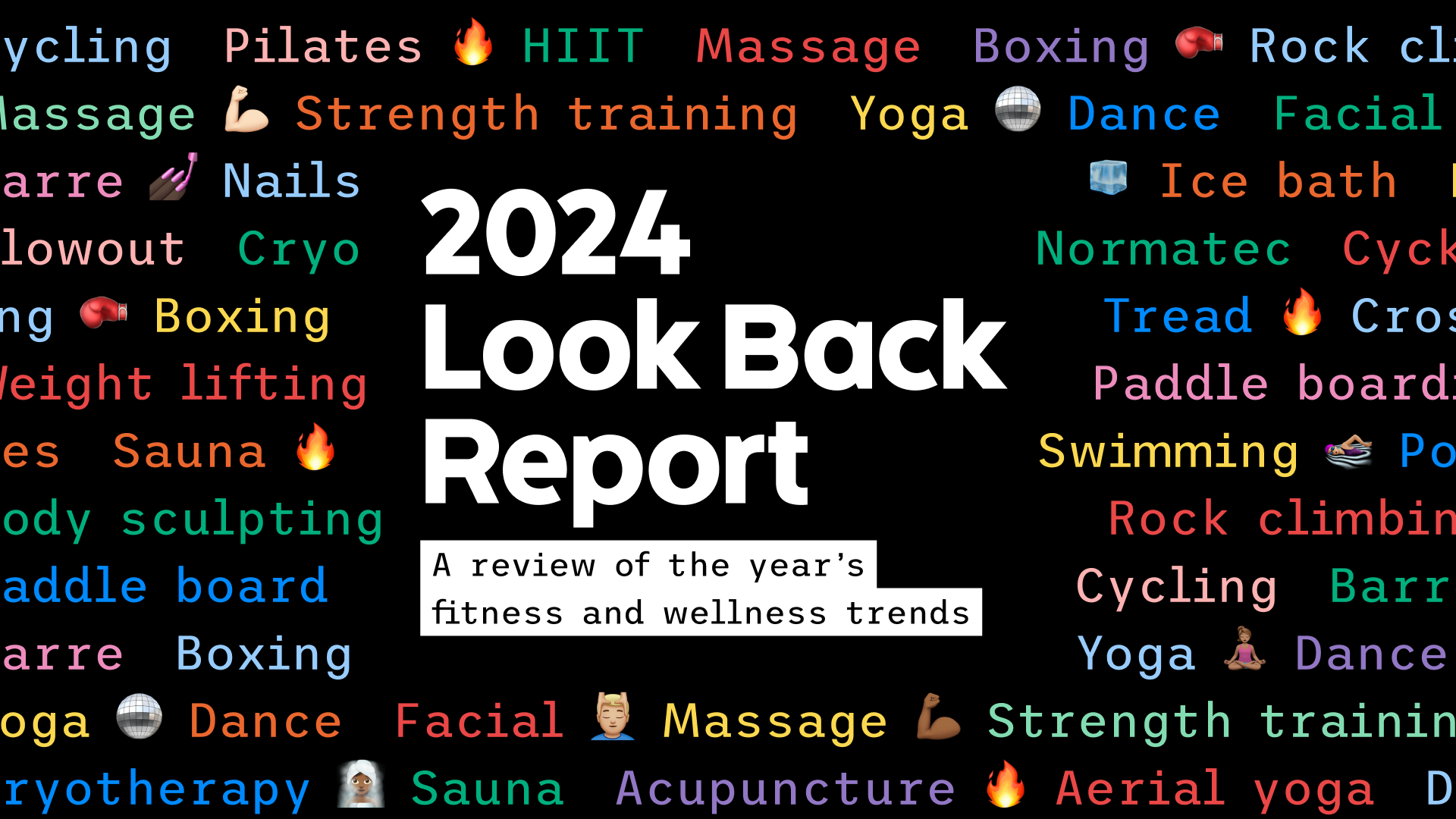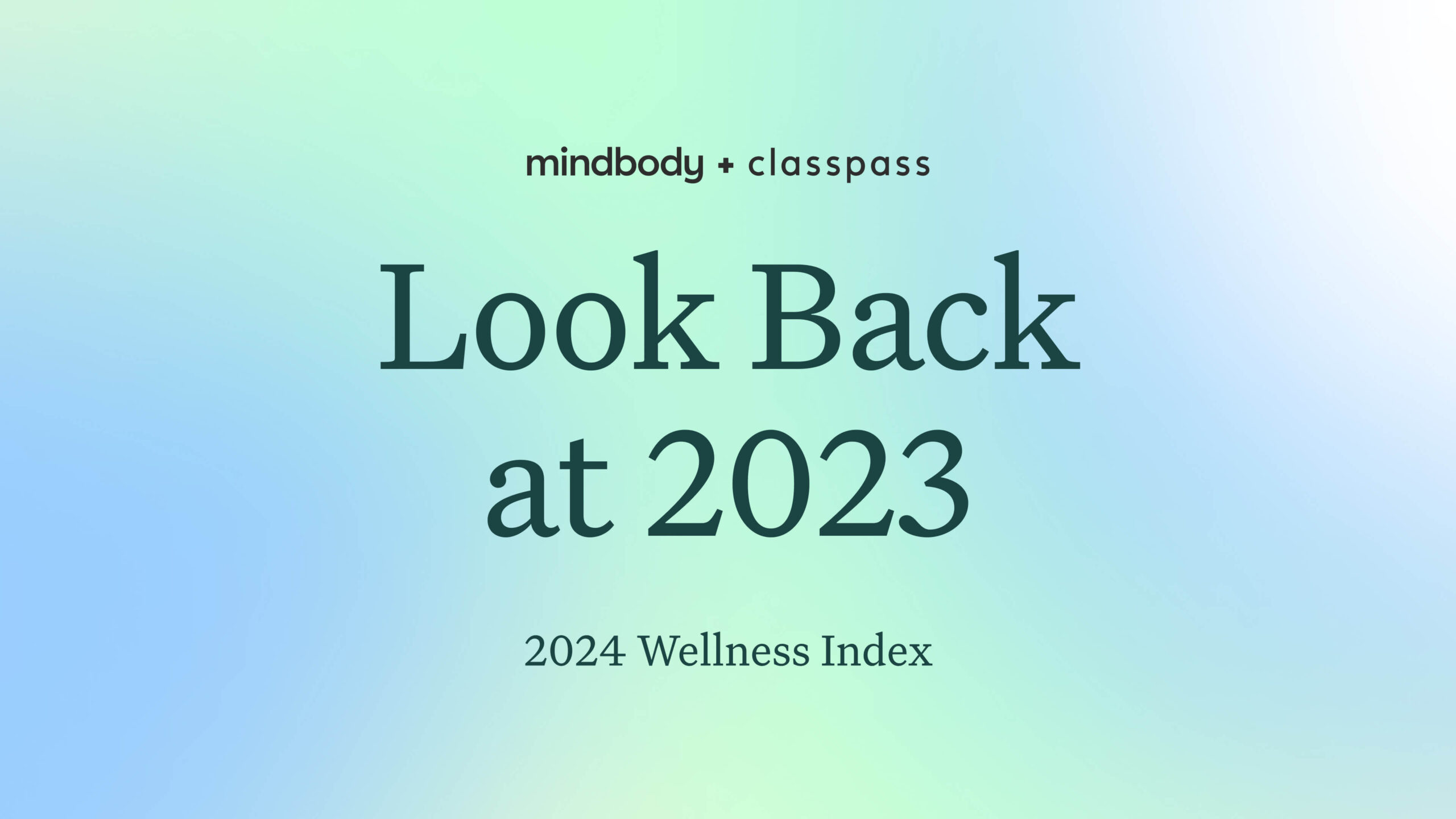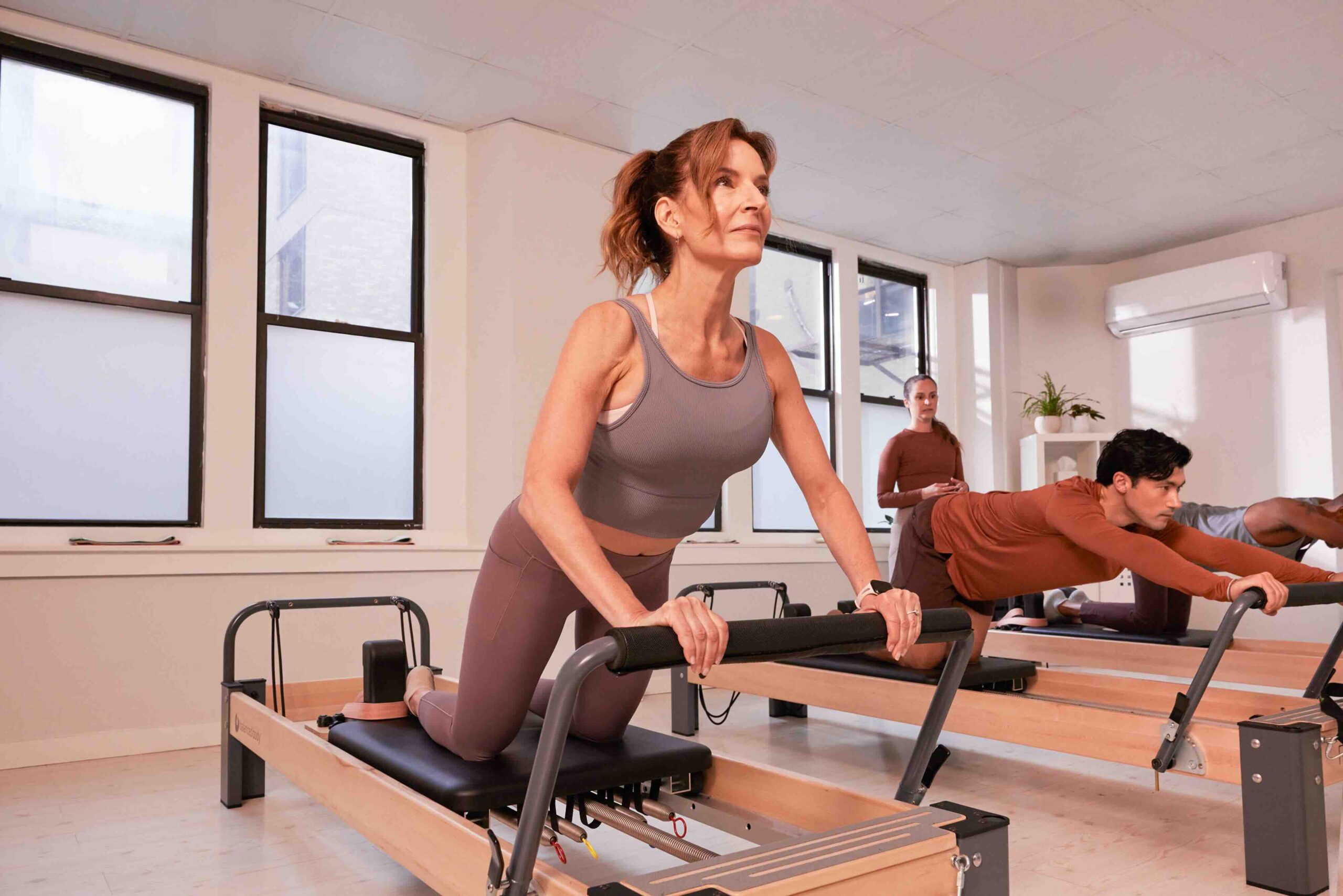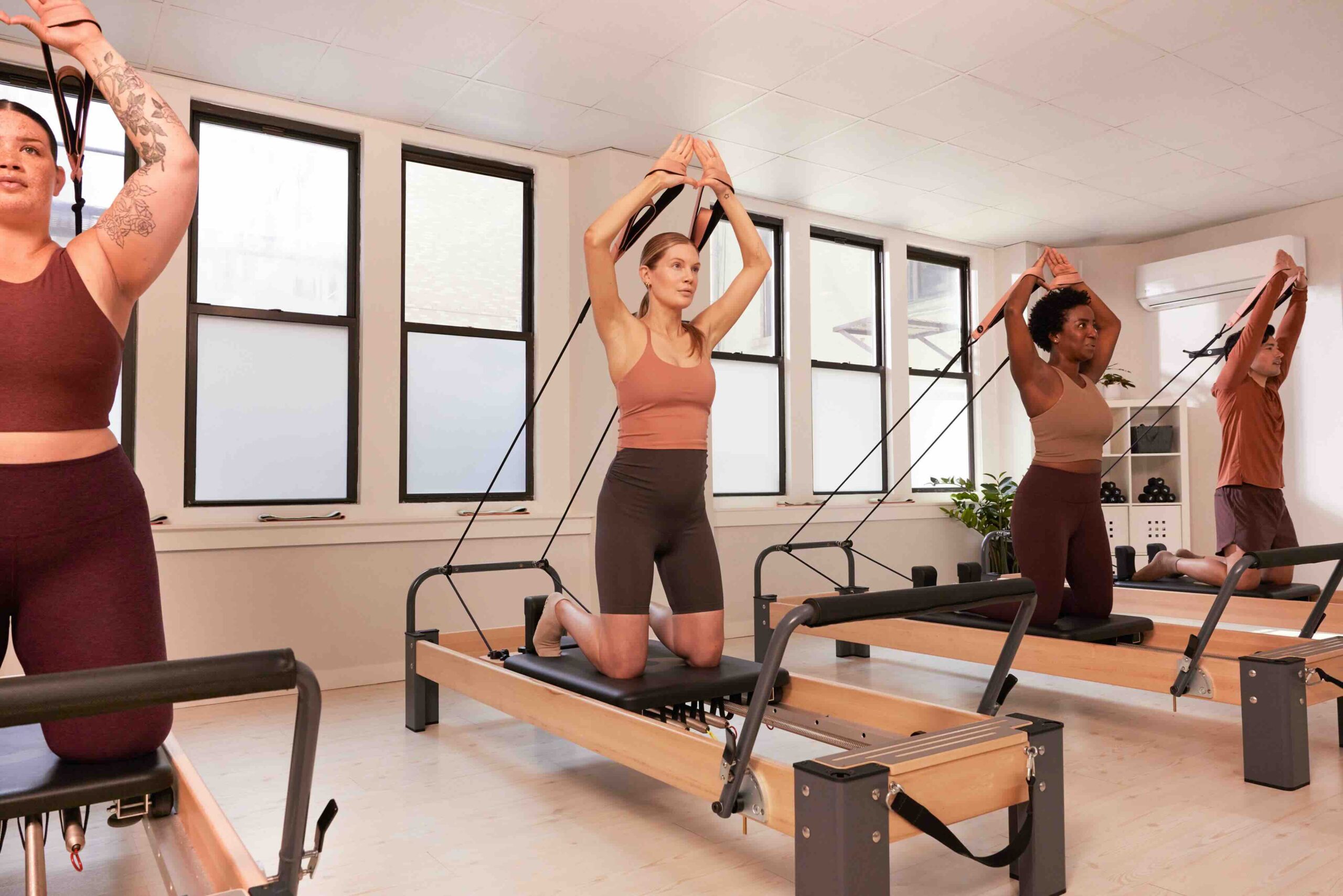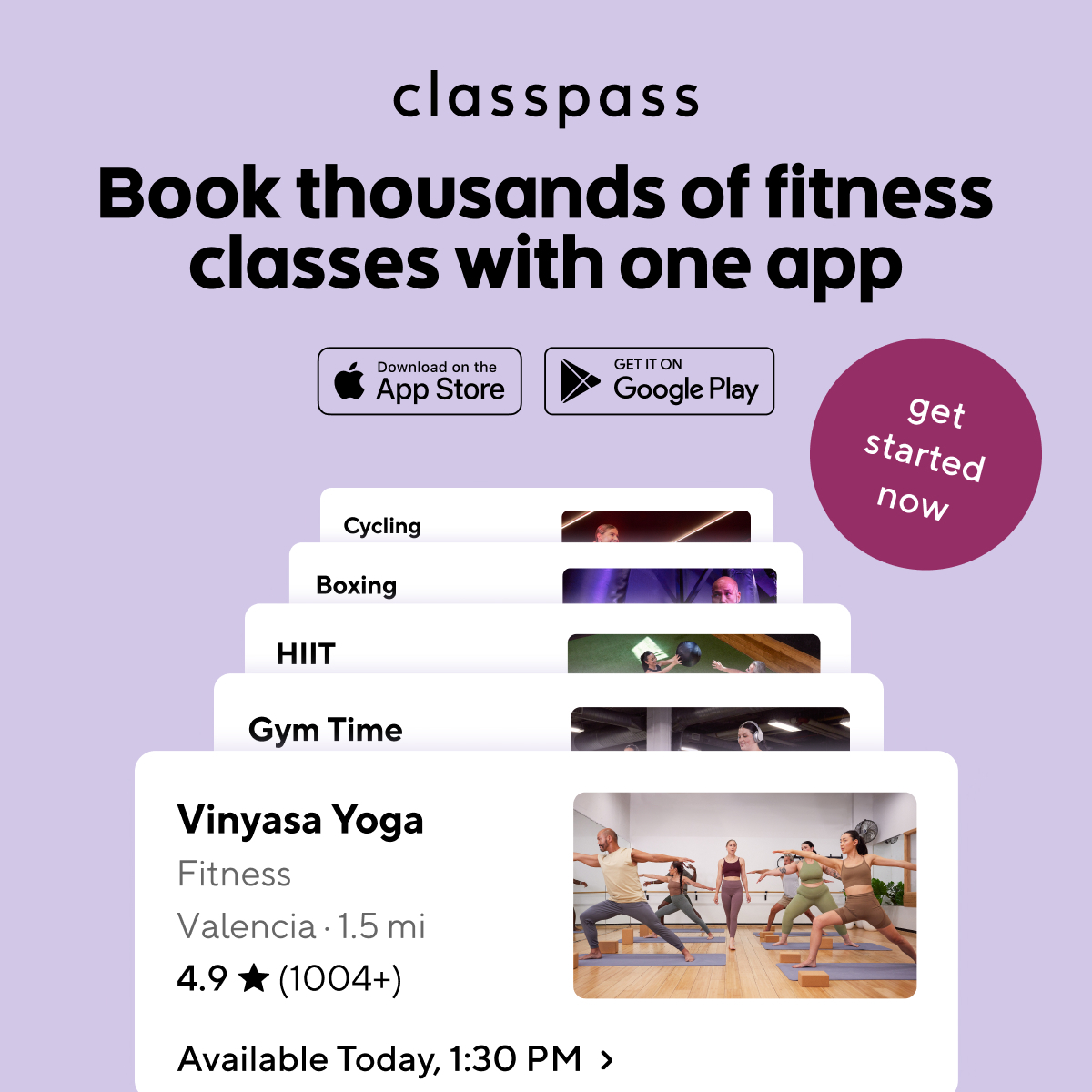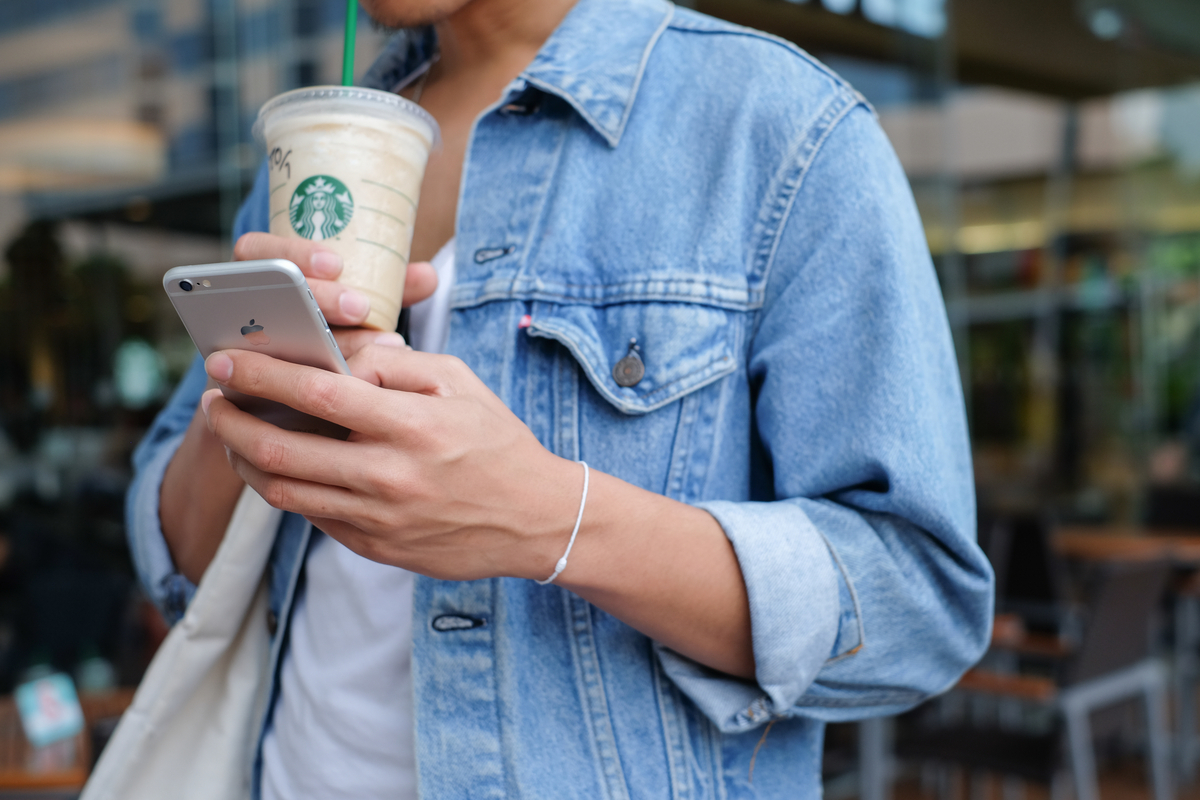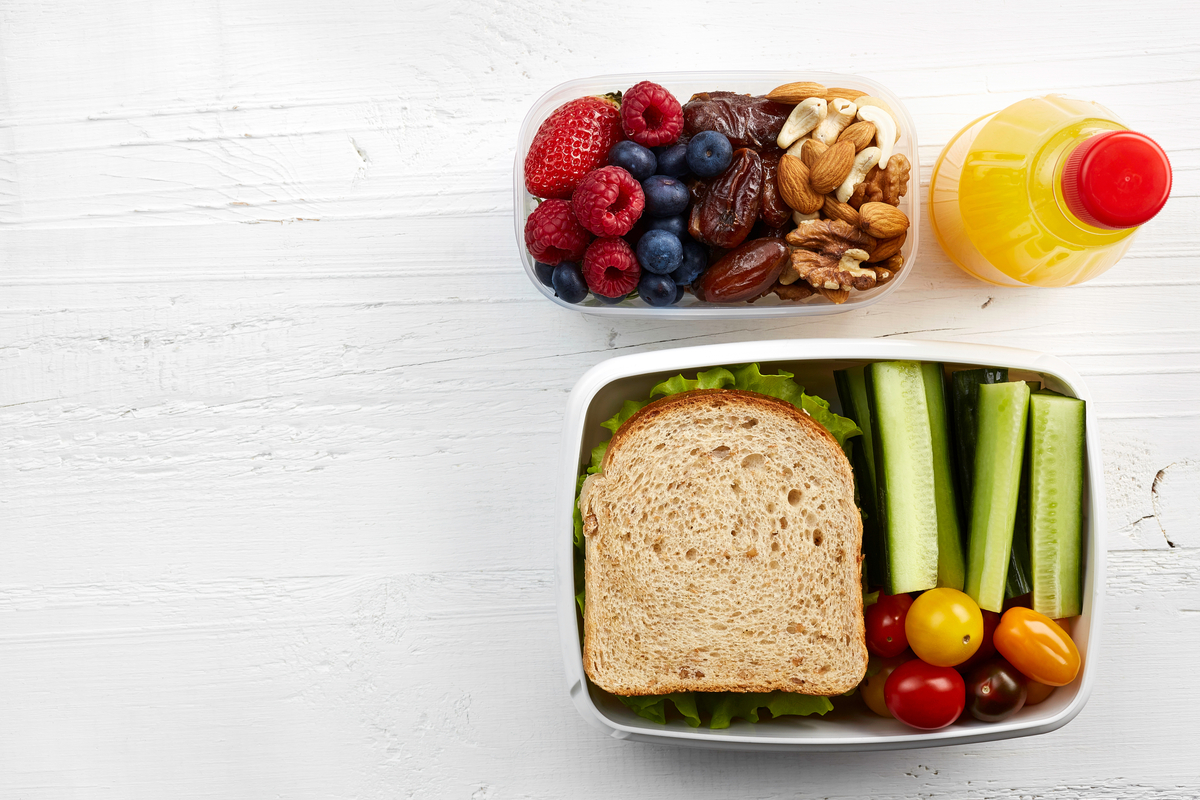One thing’s for sure: you need to fuel your body no matter what time of day you like to workout. Your body needs to get the proper nutrients pre- and post-workout to refuel, rebuild and recover. But how soon should you eat before and after a workout?
Well, it’s a bit complicated. There are varying opinions in the fitness world about the best time to eat around a workout. To be fair, there’s a lot of personal bias surrounding this topic. And let’s be honest, sometimes the most beneficial time to eat may be the most inconvenient.
Here’s the general rule of thumb: Fuel your body with carbs and a small source of protein between 30 and 60 minutes before your workout. Following your workout, consume protein-rich foods within 30 minutes.
Sounds simple, right? Not exactly.
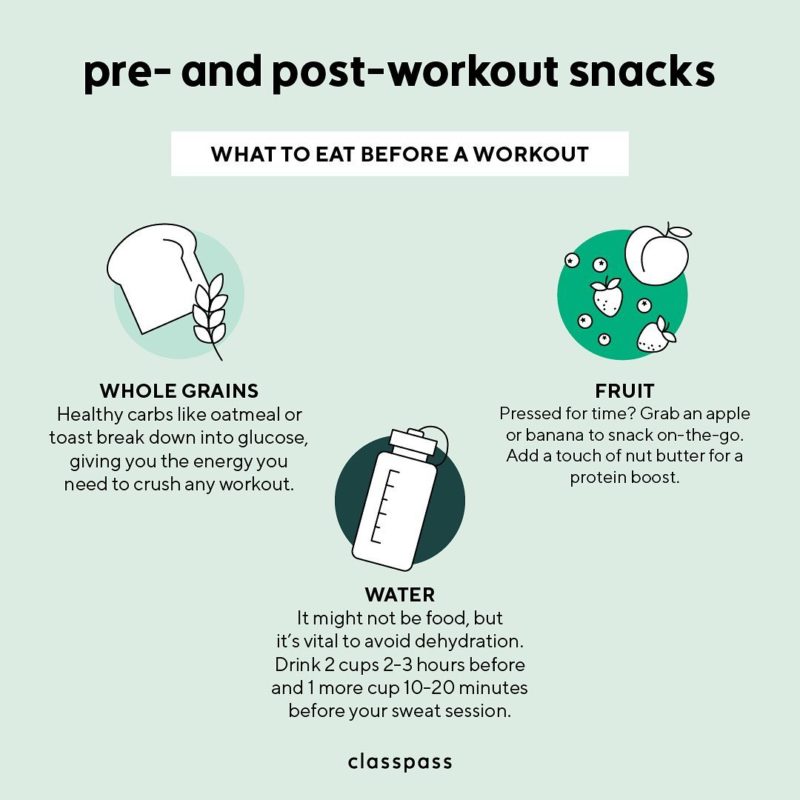
The Best Pre Workout Snacks
Jillian Michaels, a personal trainer known for her role on “The Biggest Loser,” shared why you should always eat before and after you hit the gym. Although some people swear by exercising on an empty stomach (more on that later), Michaels urges that you always fill up before getting your sweat on. Without food in your system, your body will go into shock due to low blood sugar. According to Michaels, “If you don’t have any blood sugar available, your body will eat the muscles’ glycogen, or stored glucose. Low blood sugar will also make you tired and sluggish during your training session.” By eating within the 30-60 minute window before your workout, “you’ll have more energy and endurance to work harder, burn more calories, and improve your muscle tone.”
But there’s always a few folks out there (and in this case, quite a few), who prefer to work out on an empty stomach. Whether it’s due to feeling or logic, science says that this may not be the best way for you to prepare before a sweat session. If you’re concerned about getting rid of fat, a study in the Journal of the International Society of Sports Nutrition revealed that it makes no difference if you eat before you get your heart pumping. The study found that women lost roughly the same amount of weight and fat within the hour of a steady-state cardio whether they ate beforehand or not.
Food is fuel — it’s as simple as that. Without it, your body has to dig deep to find the energy it needs to keep going. Once your body runs out of carbohydrates (aka energy), it can’t sustain the high intensity that a workout may demand. This was found to be true in a study in the British Journal of Sports Medicine. When a group of moderately trained men were studied, the group that ate beforehand were able to run faster and farther than the men who hadn’t.
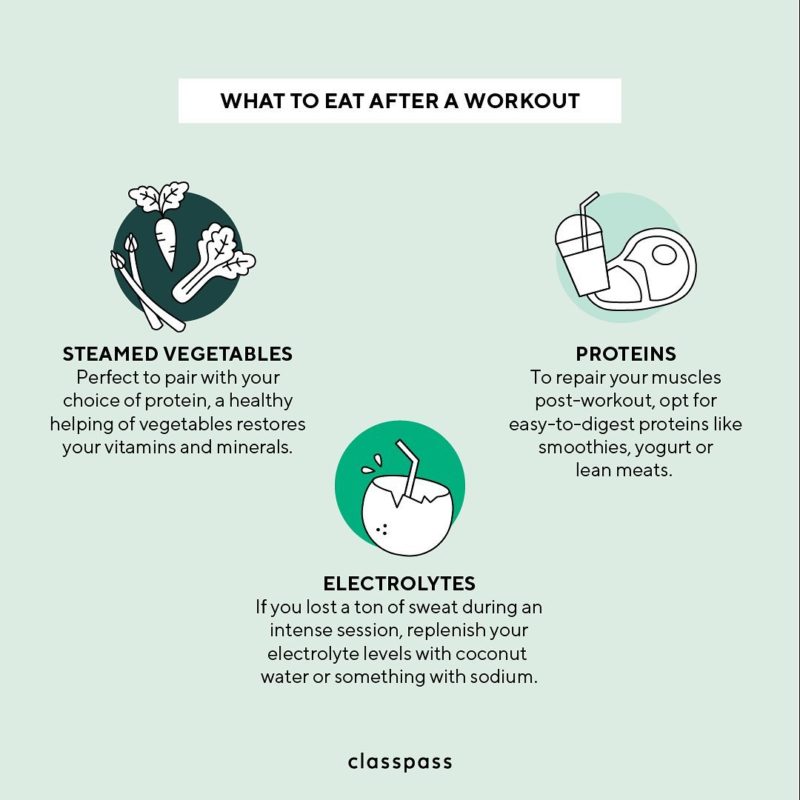
The Best Post Workout Snacks
Most nutritionists and fitness experts recommend consuming protein within 30 minutes of a workout. Or as Michaels calls it, “the golden hour.” During this time, “muscles absorb the most nutrients, and glycogen is replaced the most efficiently,” shares Michaels. The major reason to eat after a workout is for muscle repair. In an interview with SELF, Jennifer Beck, M.D., sports medicine specialist and pediatric orthopedist at UCLA, said, “We think a lot of overuse injuries happen when people are not replacing essential building blocks as readily as they should.” If you’re using (or overusing) your muscles and not giving them the attention they need to rebuild, it would likely hurt you in the future. Aches and pains can be prevented with a protein-rich post-workout snack.
Post workout snack ideas
If you’ve ever felt fatigued and disoriented after a workout, you’re not alone. Low blood sugar and dehydration are common following a HIIT or hot yoga class (or just about anything that gets your blood pumping). Eating foods with protein, potassium, calcium and salt will help you avoid the pitfalls of these side effects. And remember: You don’t need to gorge yourself with a three-course meal — a protein bar or nut butter will do.
Grilled chicken and sautéed vegetables
You’ve just burned off a ton of calories, so now it’s time to refuel. “Grilled chicken and sautéed vegetables provide the perfect mix to nourish your body,” says nutritionist Ariane Resnick. “The lean protein and carbohydrates in chicken will fill you up, and veggies offer a heart-healthy boost.” Instead of steaming your vegetables, break out your saucepan and sauté them for added health benefits. “Sautéing veggies can be a healthier choice,” she says, “because many of the vitamins in vegetables are fat soluble, meaning that the oil helps your body absorb them.”
Whole grain cereal or oatmeal
If you’re tackling obstacle courses, reach for some heart-healthy oats or whole grains afterwards. “Oats or a whole-grain low-sugar cereal with fruit and almond milk or whey protein instead of milk for a higher protein alternative [is my go-to],” says Hannah Richards of Cardiff Sports Nutrition. “Since this is usually in the morning and involves intense training within a short period of time, this meal provides the right ratio of carbohydrates, natural sugars and protein to repair your muscles and hydrate you.”
The key to keeping sore muscles at bay? Add some blueberries and a scoop of whey protein to your rolled oats, says Richards. “Blueberries are anti-inflammatory foods, ideal for reducing muscle soreness after a weight training session,” she says. “Whey protein provides much-needed, fast-releasing protein and amino acids to help muscles repair and grow. The oats provide a complex carbohydrate source, which will help refill depleted muscles and work along with the protein to aid in muscle growth and recovery.”
Chocolate milk
Chocolate milk may have been your favorite childhood drink, but it also has just the right amount of carbs and protein to help your body recover post-run. “After running, you need to hydrate and replenish glycogen stores,” Richards explains. “Chocolate milk is made up of mainly water and provides the right combination of carbohydrates and protein needed to recover after a long run.” Nutritionist Shawn Talbott agrees, “I particularly like chocolate milk and PB&J for their portability, so you can eat them after workouts away from home.”
Oh yeah, just a friendly reminder that water is essential before, after and during exercise.
